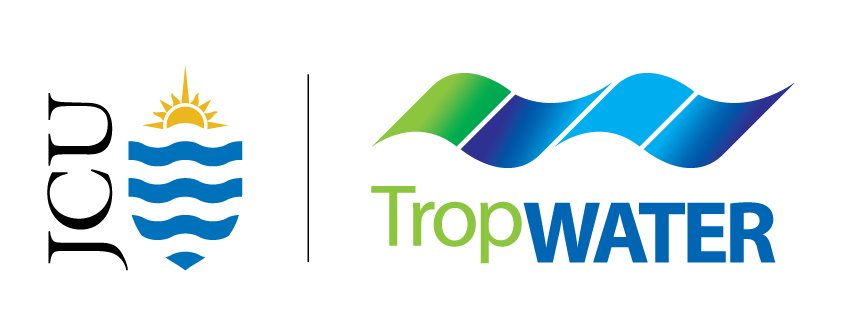Our people
Discover the passionate minds driving innovation in our field.
Under the leadership of Director Professor Damien Burrows, our center boasts a diverse community of 150 dedicated researchers and more than 100 post-graduate students. Together, we drive forward groundbreaking research and cultivate the next generation of leaders in our field.
.jpg)
Led by Director Professor Damien Burrows, our centre includes 150 researchers and over 100 post-graduate students. Discover the passionate minds driving innovation in our field.
Leadership
Professor Burrows is the founding Director of TropWATER, James Cook University’s Centre for Tropical Water and Aquatic Ecosystem Research. With over 22 years of research experience, he specialises in freshwater, estuarine, and coastal ecosystems. He brings TropWATER scientists together, collaborating extensively with industry, community, and government from grassroots to policy level. His leadership drives research on critical environmental issues, providing science-based solutions for managing, protecting, and restoring tropical ecosystems.
Professor Damien Burrows


Aaron Davis
Principal Research Officer

Abbi Scott
Senior Research Officer

Adam Canning
Senior Research Officer

Alejandro Navarro
Research Officer

Alex Carter
Principal Research Officer

Amrit Kumar Mishra
Senior Research Officer

April Hall
Senior Research Officer

Barry Butler
Principal Research Officer

Ben Jarihani
Principal Research Officer

Brendan Ebner
Senior Research Officer

Caitlin Smith
Research Officer

Carissa Reason
Research Officer

Caroline Petus
Senior Research Officer

Cassandra James
Senior Research Scientist

Catherine Collier
Principal Research Officer

Cecilia Villacorta-Rath
Senior Research Officer

Christophe Cleguer
Principal Research Officer – Marine Megafauna Group Leader

Emily Webster
Research Officer

Erina Young
Research Scientist

Eva McClure
Senior Research Officer

Gabriela Thompson-Saud
Research Officer

Gemma Galbraith
Senior Research Officer

Helene Marsh
Emeritius Professor

Jack Koci
Senior Research Officer

Jaelen Myers
Research Officer

Jane Mellors
Casual Senior Research Officer

Jane Waterhouse
Senior Research Officer

Katie Chartrand
Senior Research Fellow

Katie Motson
Casual Research Worker

Laura Garcia Forte Valiente
Research Officer

Len McKenzie
Principal Research Officer

Lucas Langlois
Research Officer

Maya Srinivasan
Principal Research Officer

Michael Rasheed
Principal Research Scientist

Mohammad Jahanbakht
Research Officer

Mélanie Hamel
Research Officer

Nathan Waltham
Senior Principal Research Officer

Norm Duke
Senior Research Scientist

Paul York
Senior Research Officer

Paula Cartwright
Senior Research Officer

Richard Pearson
Emeritus Professor

Rob Coles
Principal Research Scientist

Rory Mulloy
Research Officer

Samantha Tol
Senior Research Officer

Sarah McDonald
Research Officer

Severine Choukroun
Research Associate

Shelley Templeman
Principal Research Officer

Sigit Deni Sasmito
Senior Research Officer

Skye McKenna
Senior Research Officer

Stephen Lewis
Principal Research Officer

Tim Smith
Senior Research Officer

Zoe Bainbridge
Senior Research Fellow








.jpg)




_edited.jpg)






























